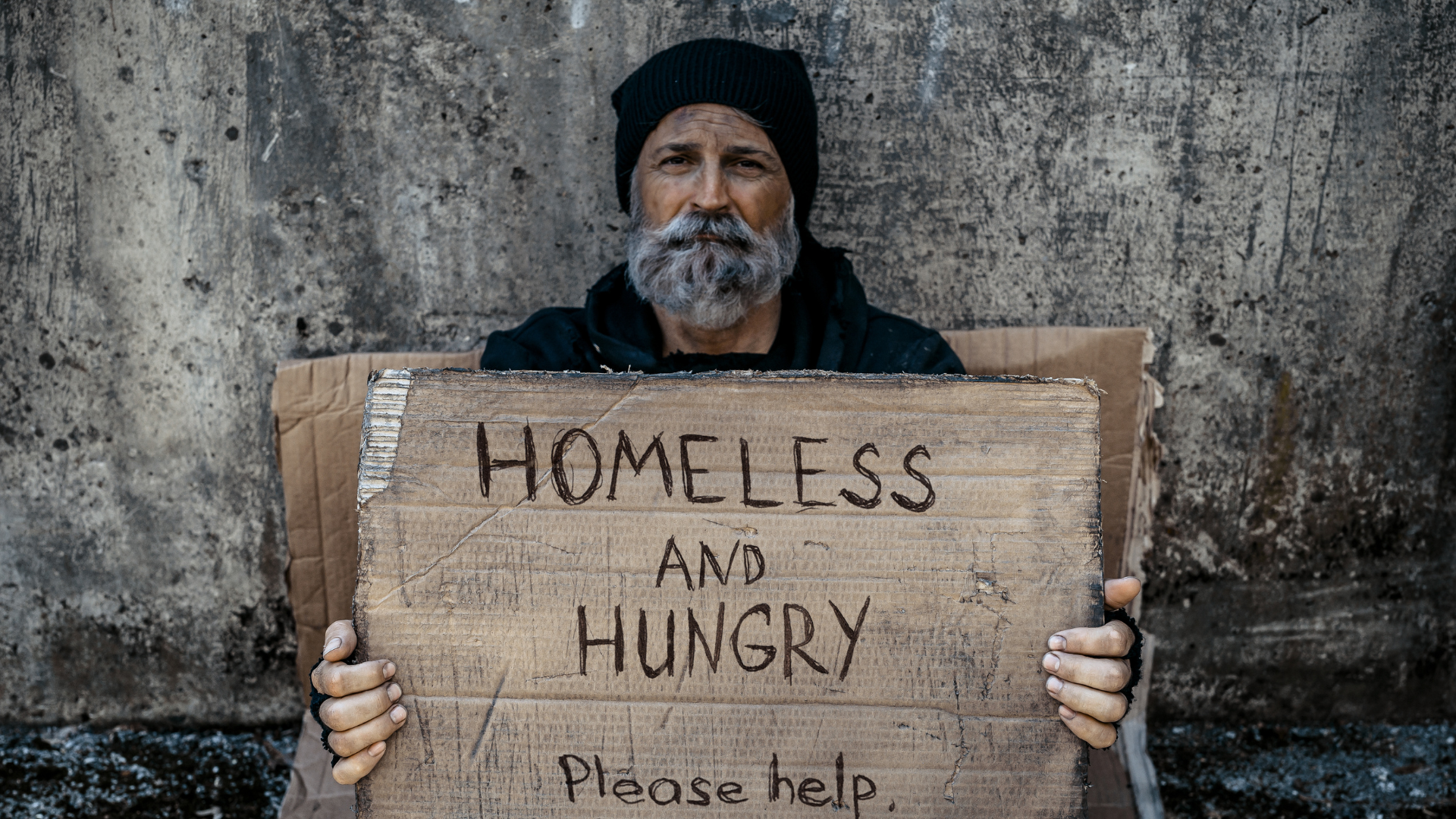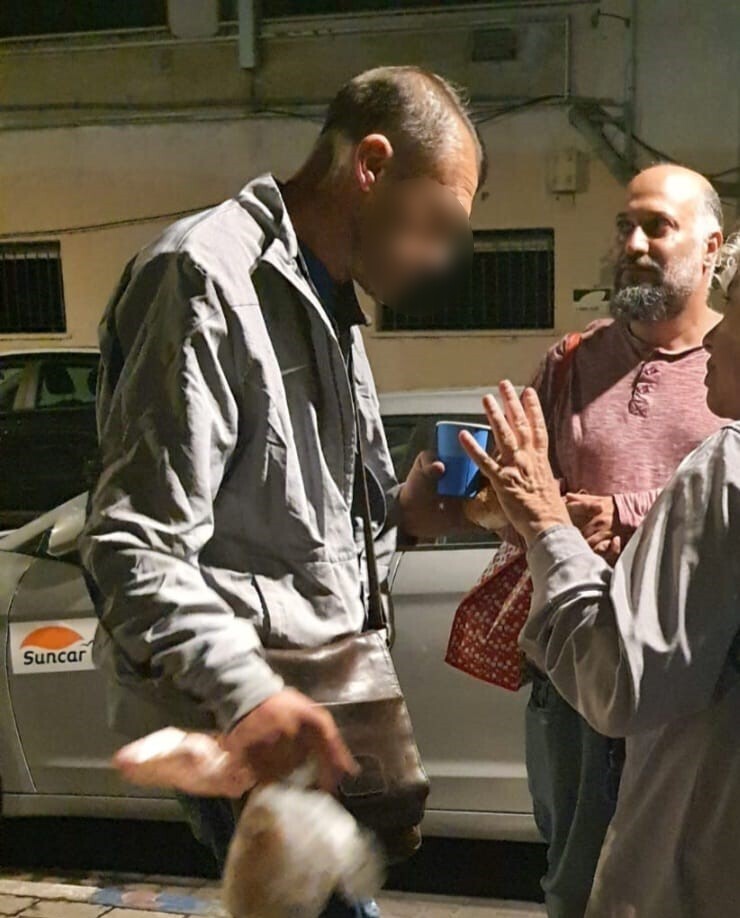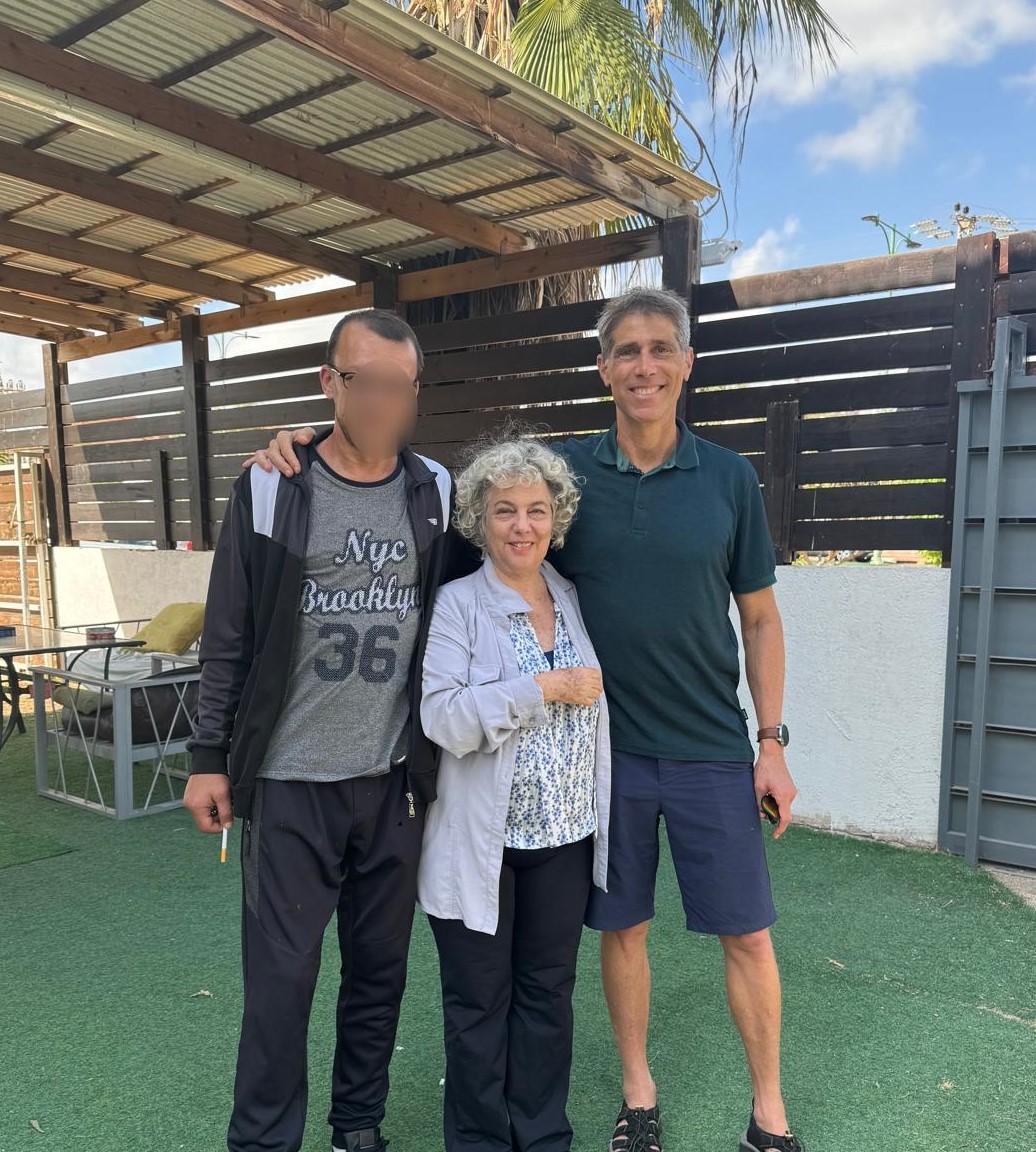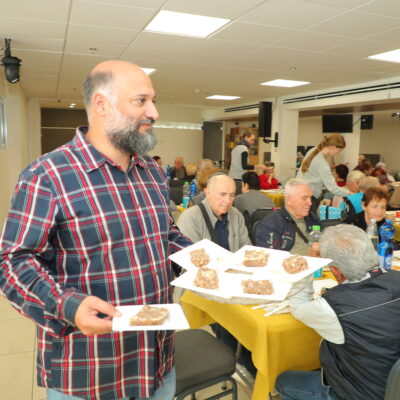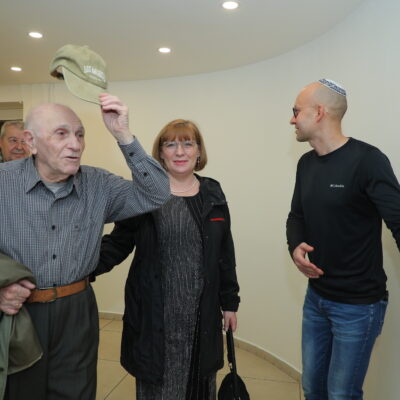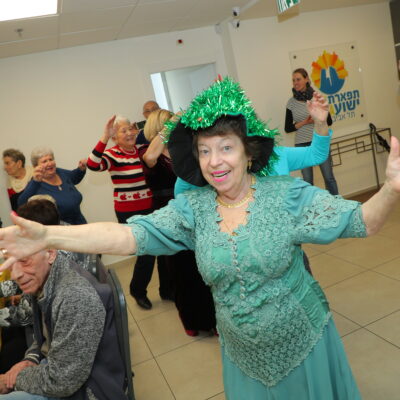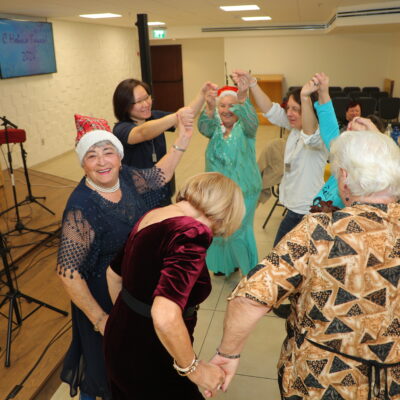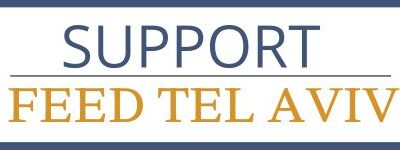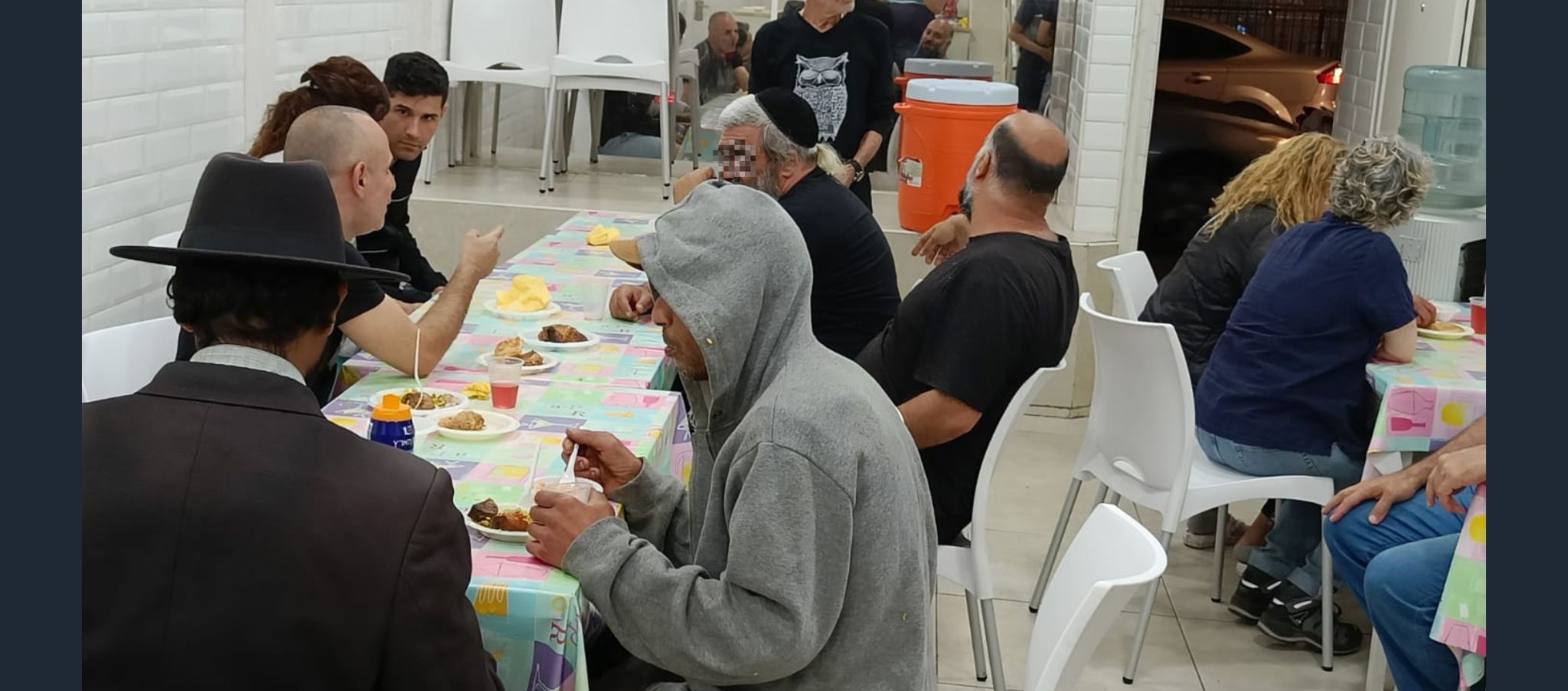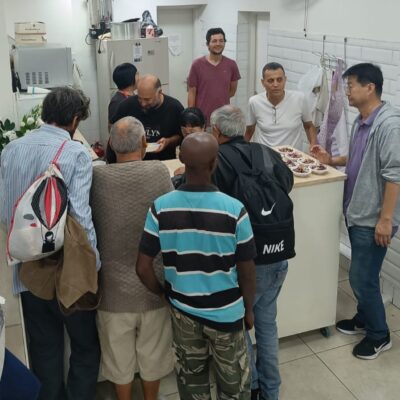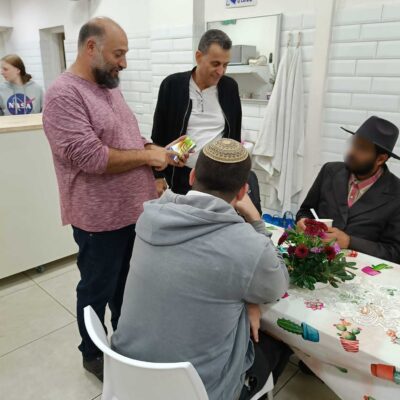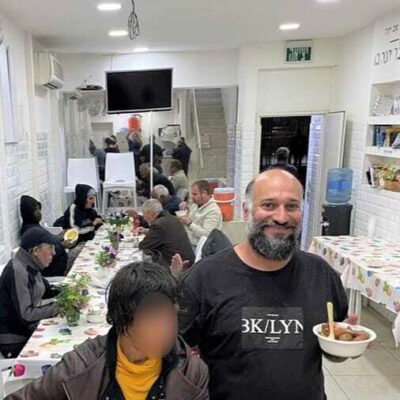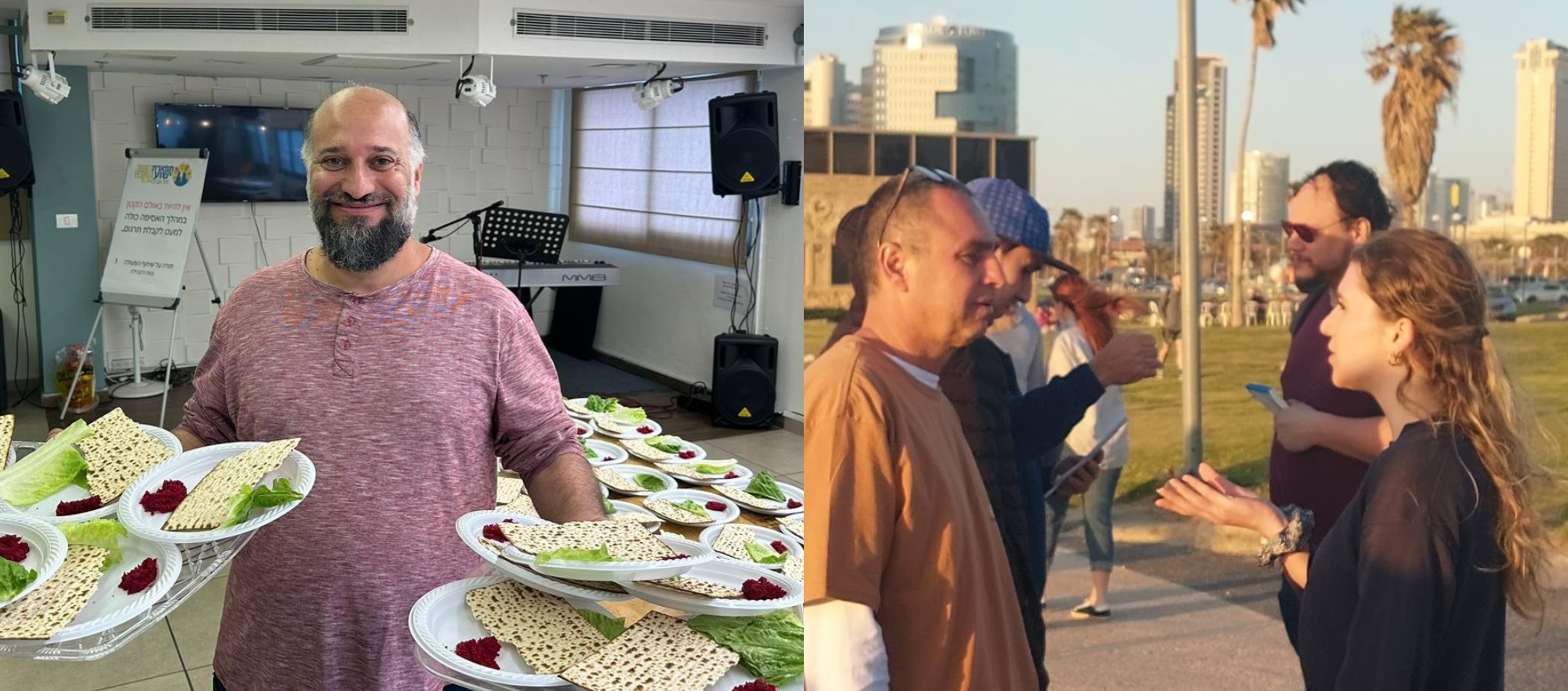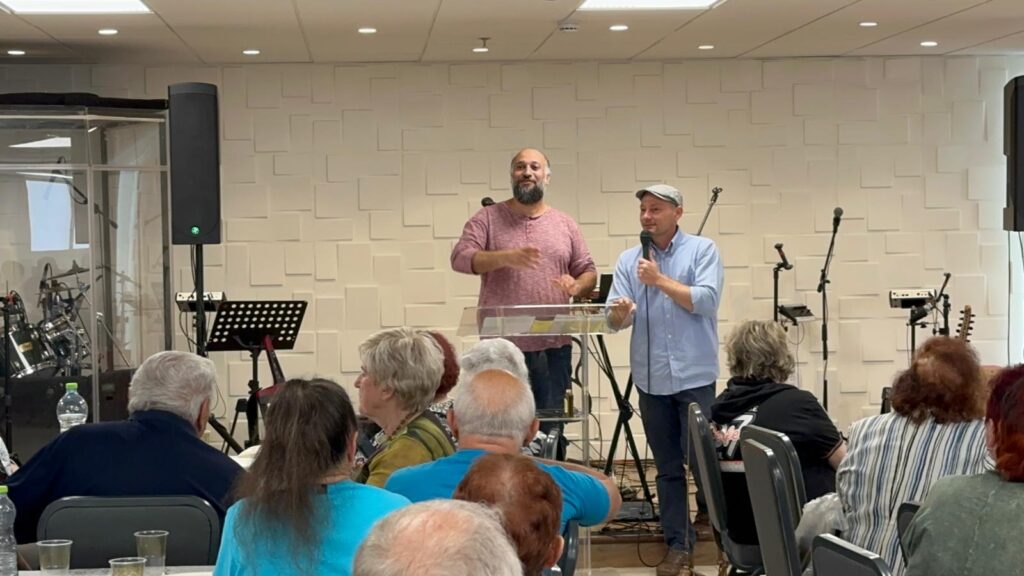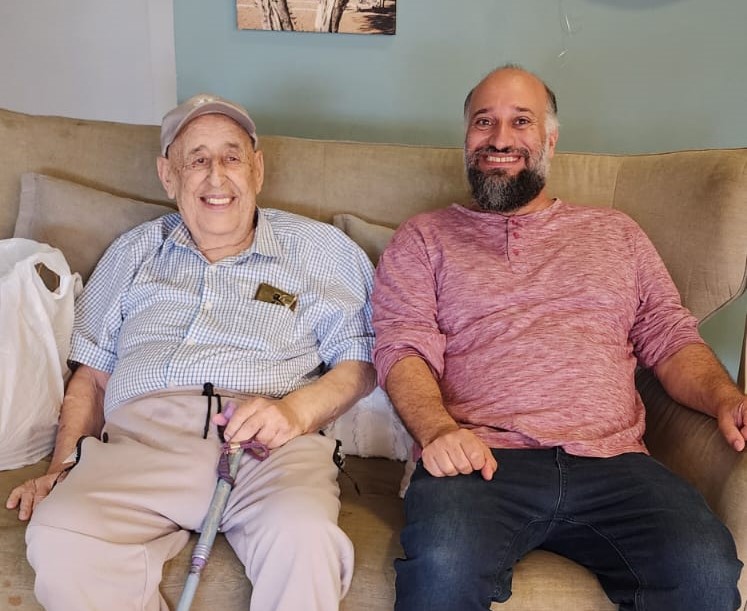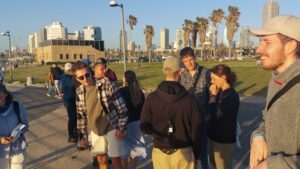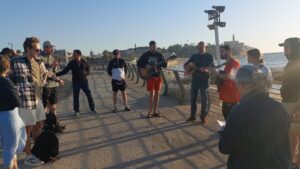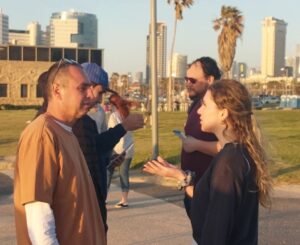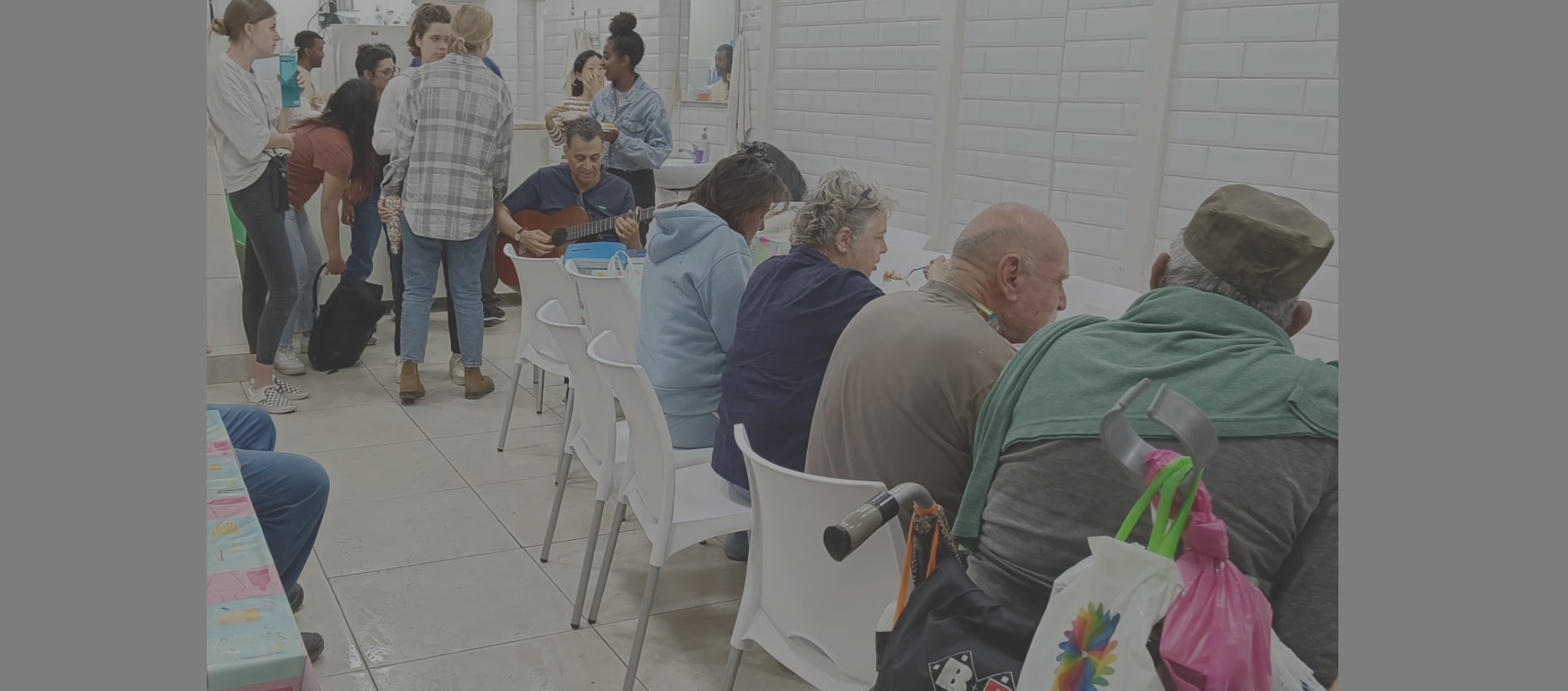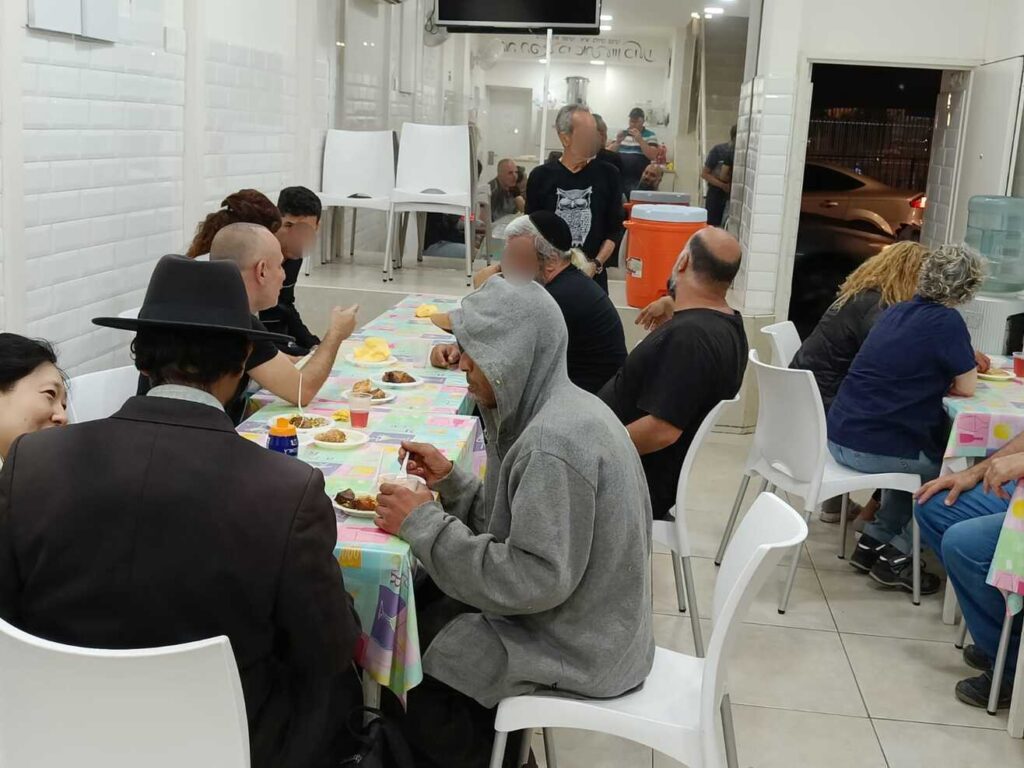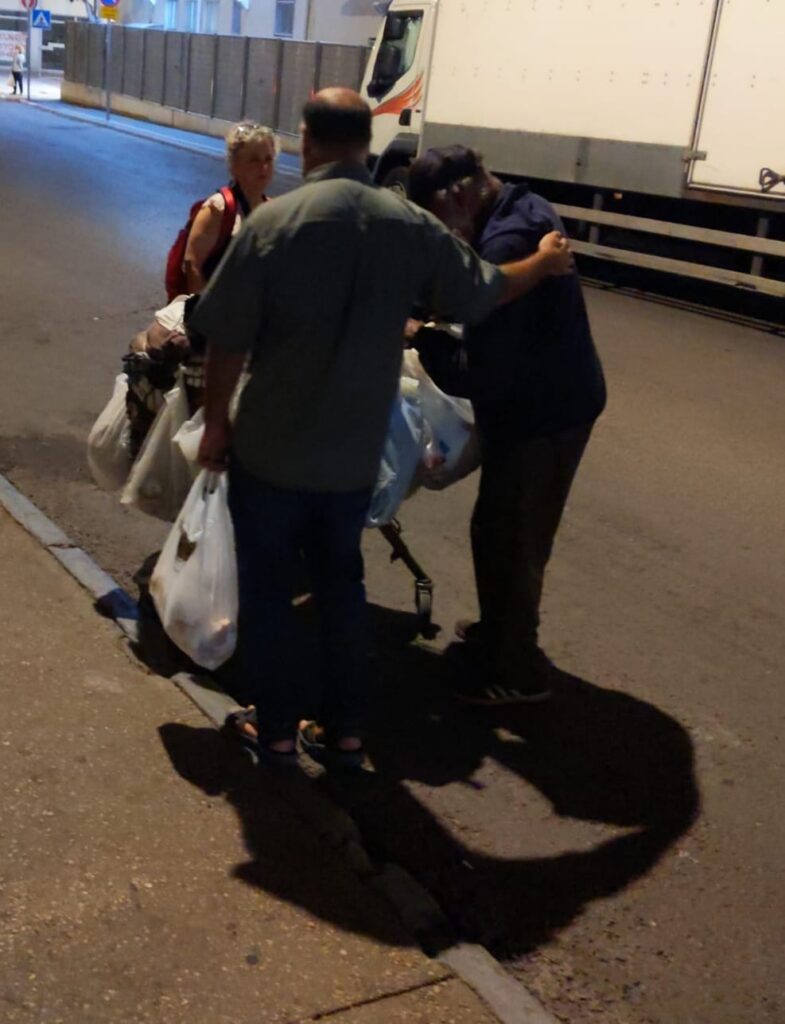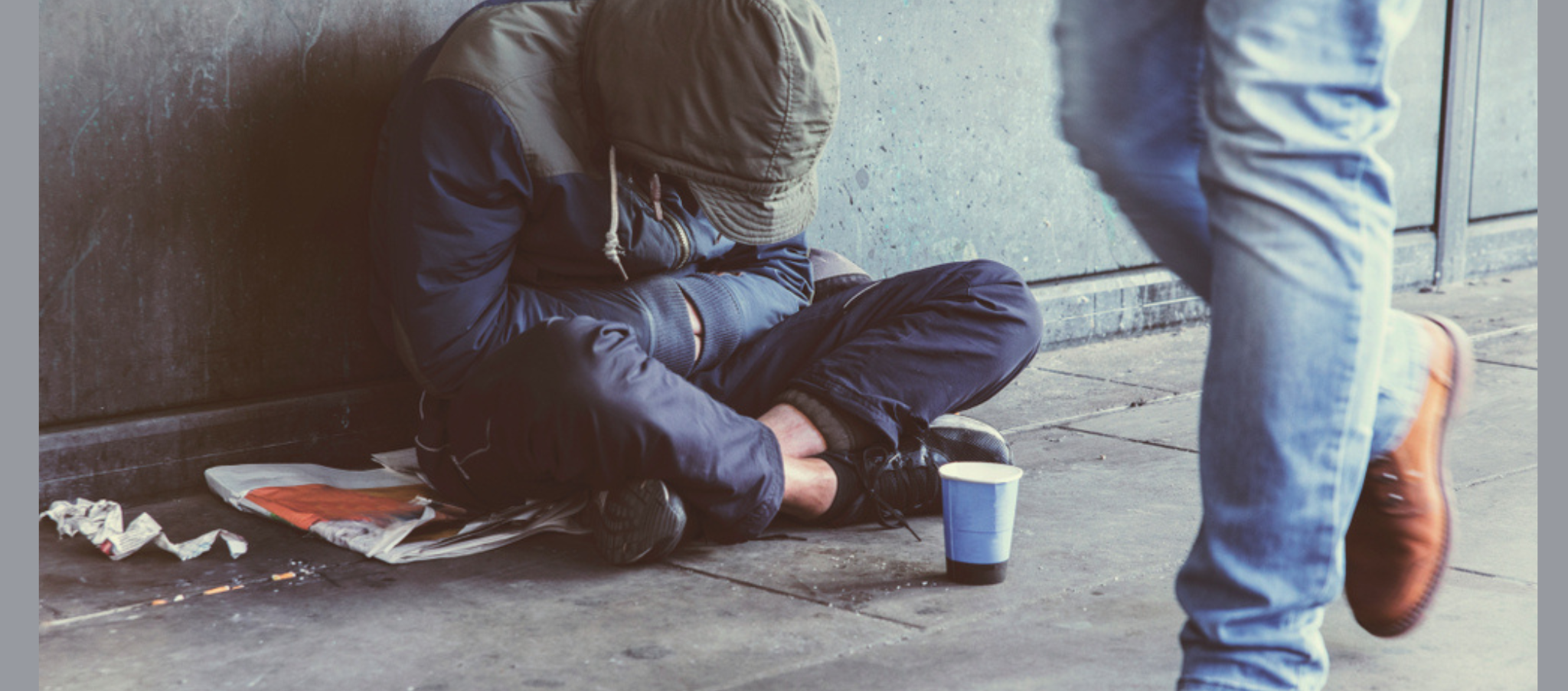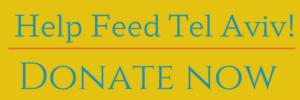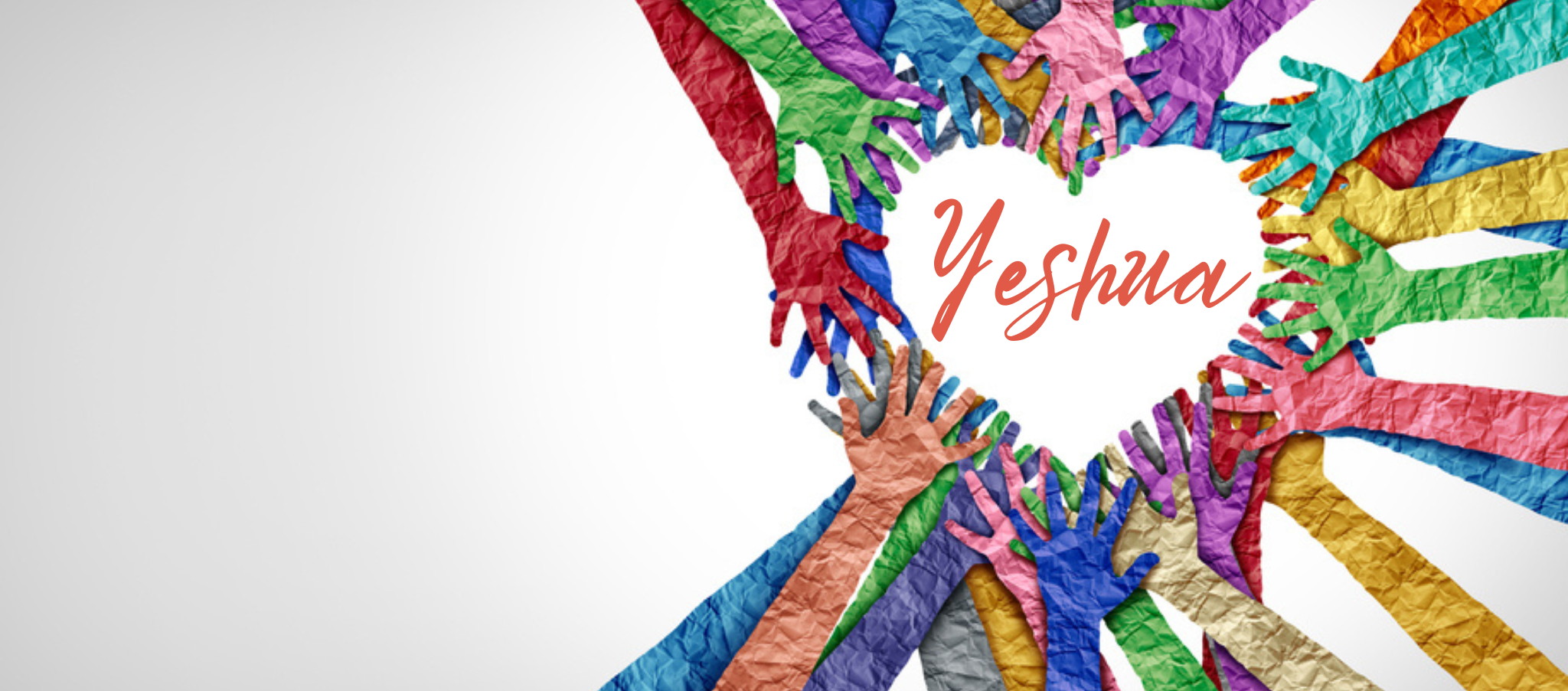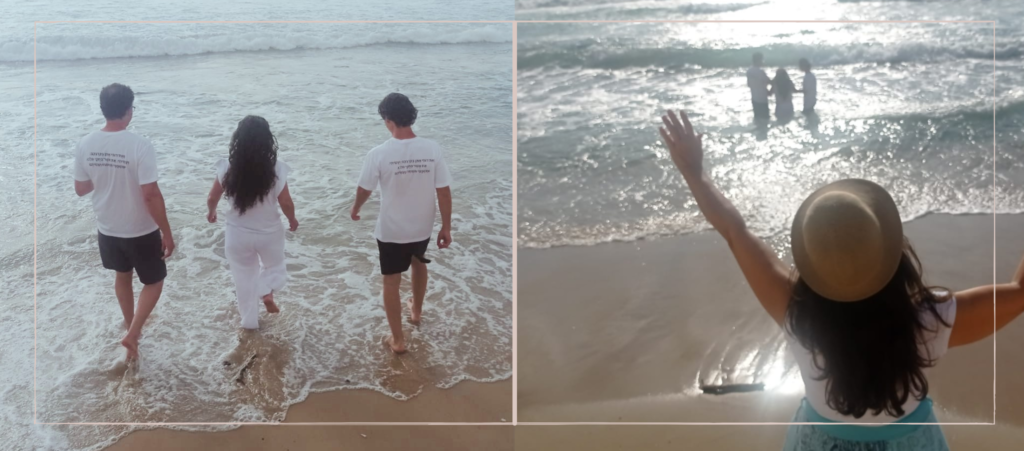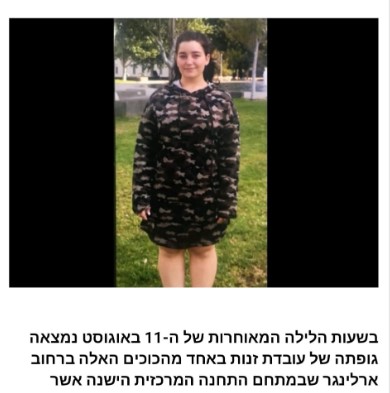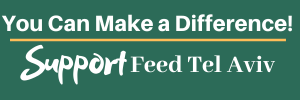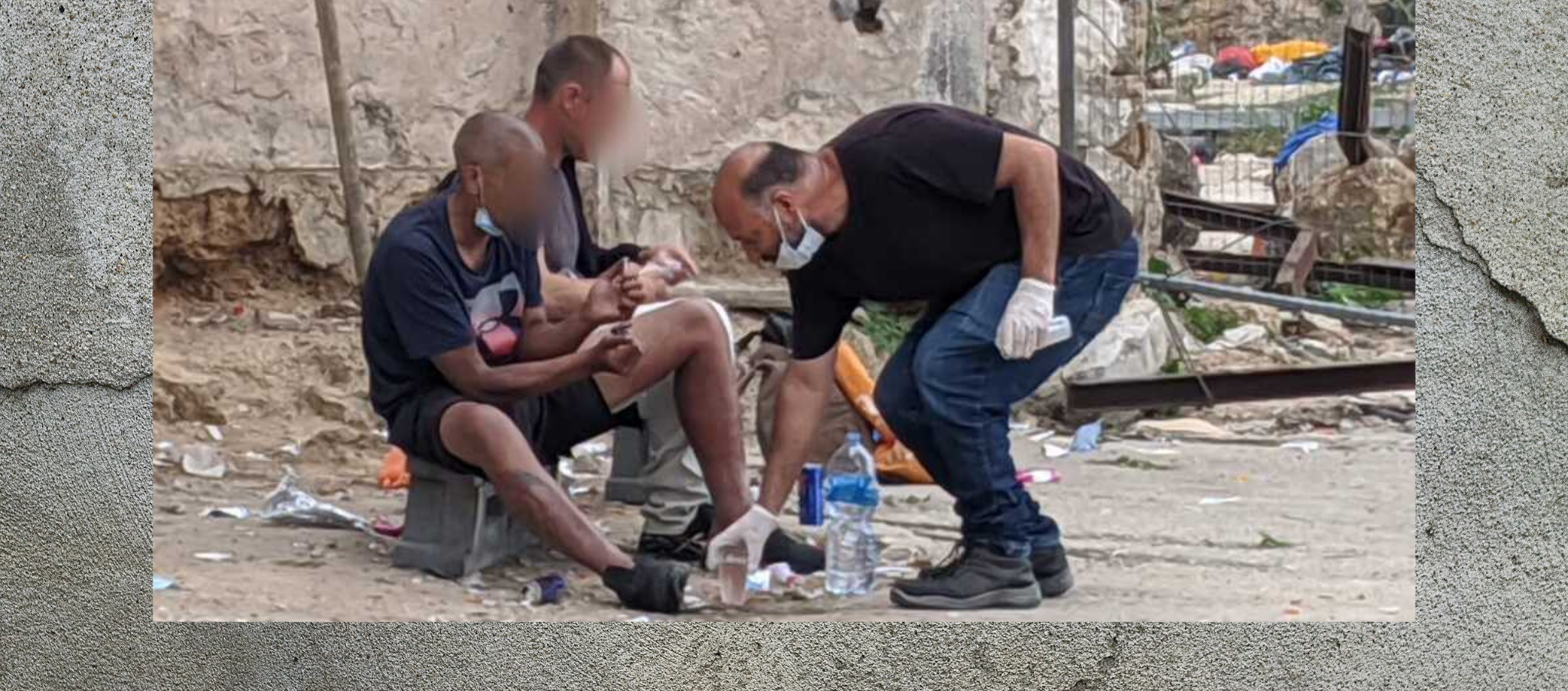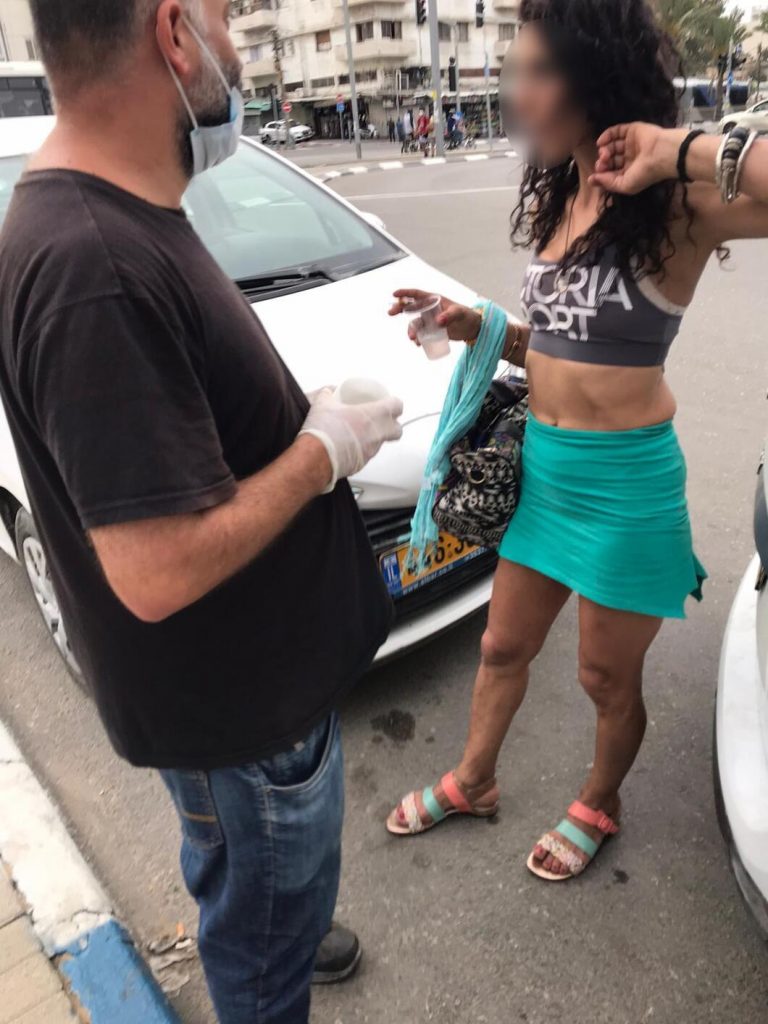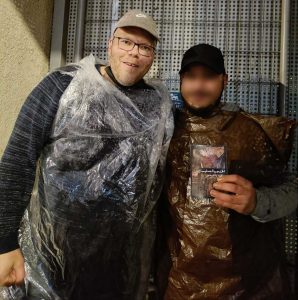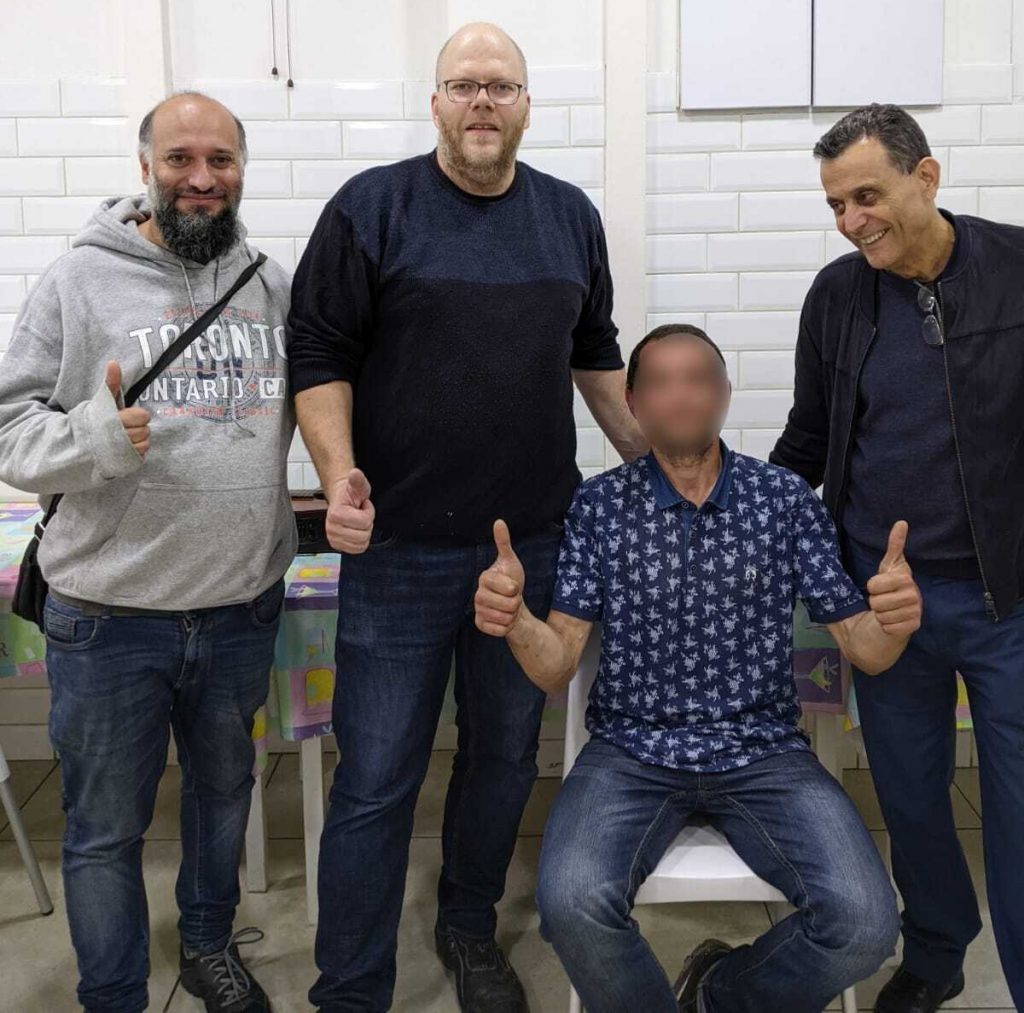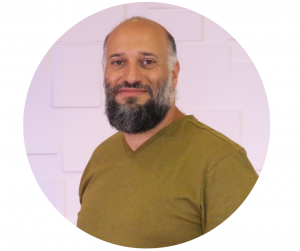In the years we have been serving the homeless in south Tel Aviv, we see firsthand how a crisis that hits society at large can be disastrous for the most vulnerable. During the covid-19 pandemic, for instance, when Israel went into multiple stay-at-home quarantines, almost all the soup kitchens and halfway houses shut down, and we immediately began seeing the devastating effects among the homeless on the streets of south Tel Aviv.
With Israel’s protracted war with Hamas since October 7th, we are seeing the same dynamic. Since the beginning of the war, the cost of living and taxes in Israel have been steadily rising. We did not see the effects immediately, but recently we noticed that the amount of food we normally prepare would be gone in half the time than what it would usually last. In order to meet the demand of all the people coming to us for food, we have had to increase the amount we prepare by over 30%.
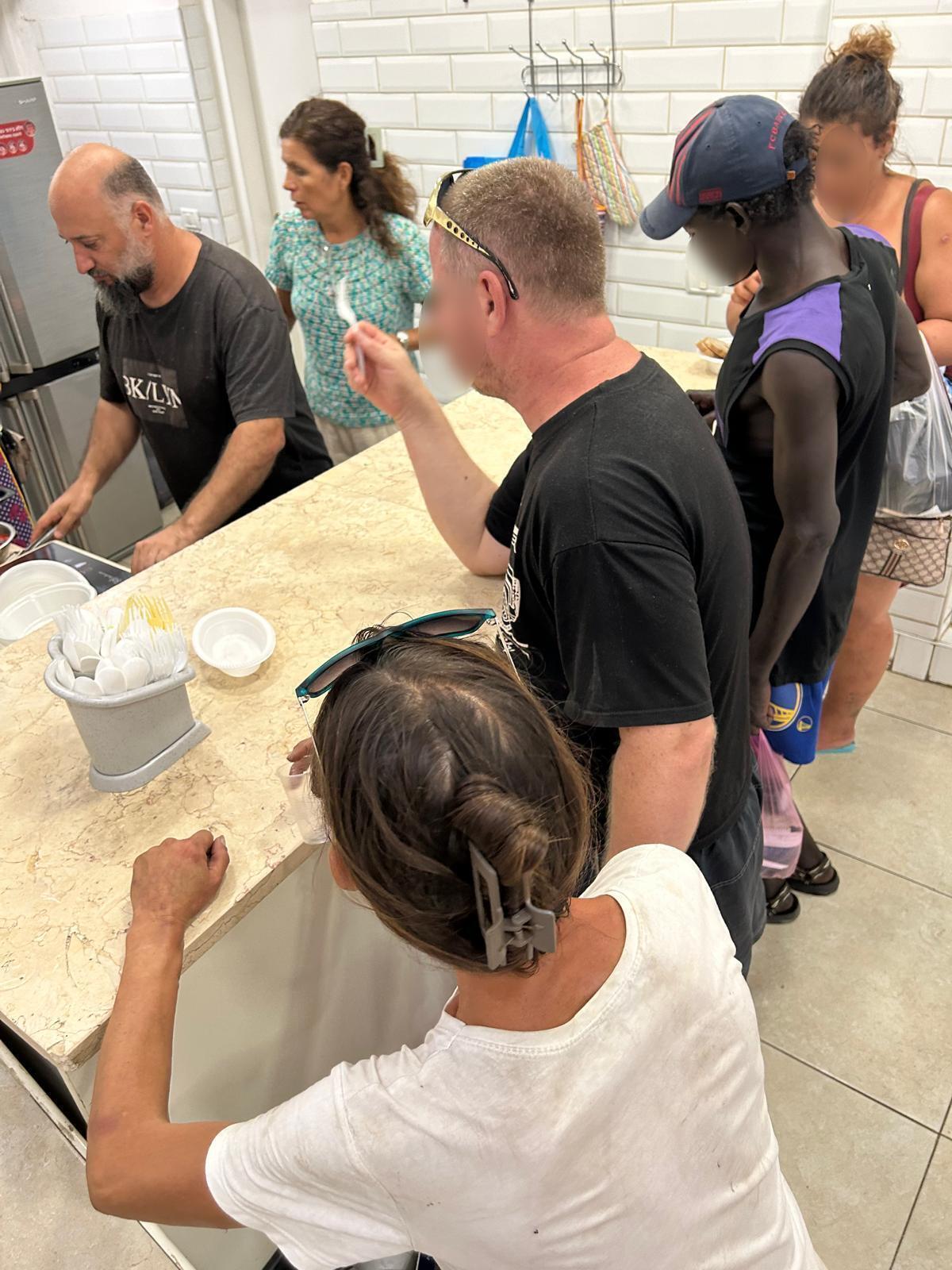
Ivan – Paying bills or buying food
Ivan is an older gentleman who started coming to our outreach the past several months. Recently, I was able to spend some time talking with him, and he shared his story with me. Ivan is a Jewish immigrant from the former Soviet Union who speaks Russian, Hebrew and Yiddish fluently. “It was the language we Jews used in the diaspora in Europe,” he told me.
With the sharp inflation due to the war, Ivan reached a point that the government assistance he gets is not enough to cover the cost of his apartment, food and all the special medications he needs for serious health issues. According to Ivan, the food we provide at our Feed Tel Aviv outreach twice a week is saving him. Ivan knows our hours and makes sure to show up as soon as we start serving. After he has eaten, we send him home with more food in a container which he says keeps him for the next two days.
Even though he is not a religious person, Ivan always tells us, “You are God’s ambassadors. I thank God for you!” The name of Feed Tel Aviv in Hebrew is “Achalta v’Savata” (Eat and Be Satisfied) and comes from Deuteronomy 8:10:
“When you eat and are satisfied, you are to bless the LORD your God for the good land that He has given you.”
In Matthew 5:16, Yeshua told his disciples to do good works in the context of their faith (shining their light) so that others “may see your good deeds and glorify your Father in heaven.” This is exactly what is happening with Ivan.
Our hope and prayer is that all we do in this ministry will cause people not to give us praise but rather to give honor and thanks to God. Ivan is asking lots of questions about what we believe and why we do what we do. Please pray that God would touch his heart with the revelation of His love.
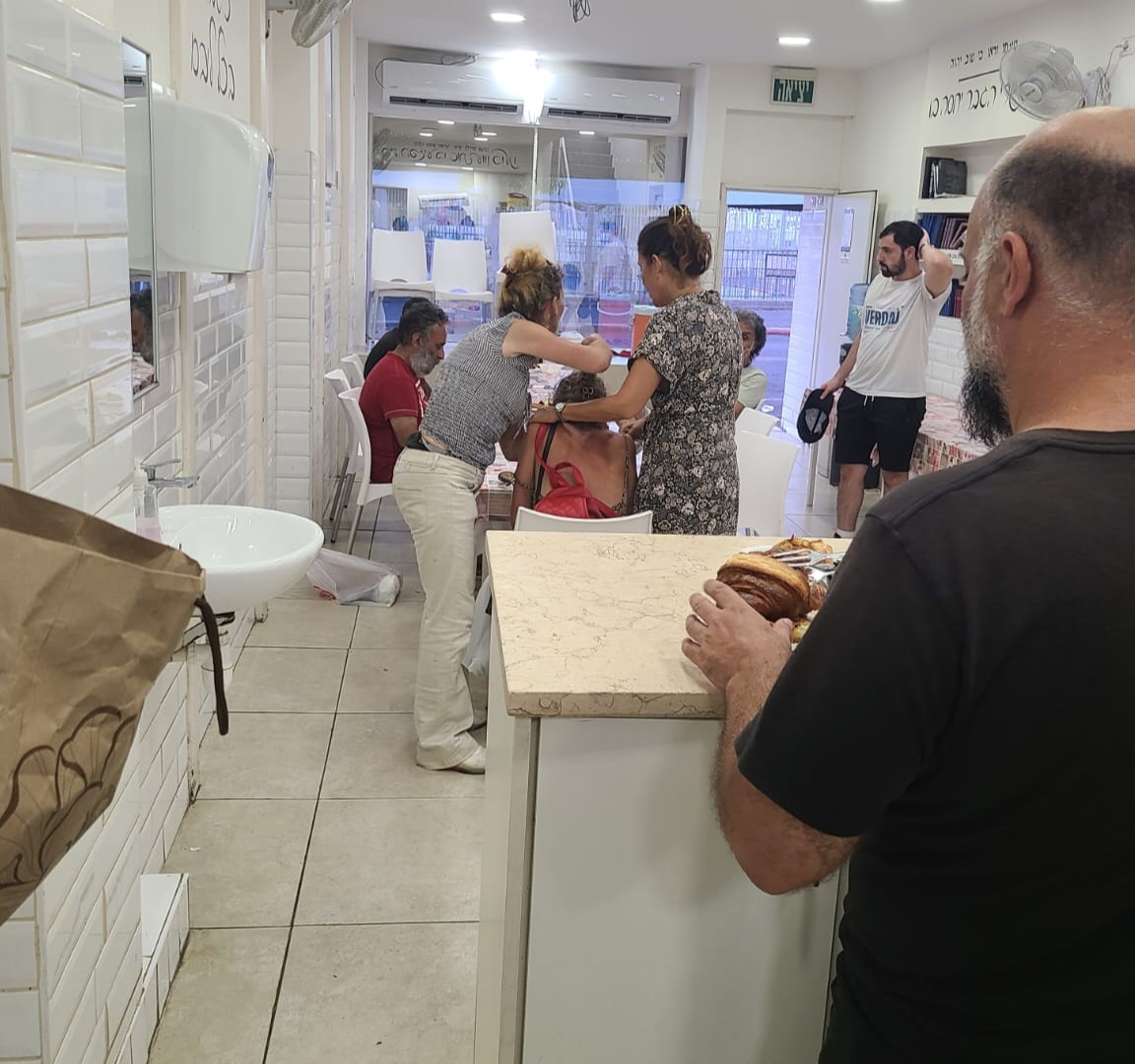
Lidia – A Life Transformed
Lidia, an elderly lady from a Russian background, has been coming to our outreach for quite some time. In addition to coming to the outreach for food, Lidia likes to talk, and she shared her story with us. She told us that she is all alone in the world: her only son is estranged from her and lives abroad with his wife and children, a fact which is very painful for her. If I had to describe Lidia two years ago, I would have said she was a depressed, bitter woman who always complains about the unfairness of life and all the hard knocks it had given her.
We had the opportunity to share the gospel with her and asked if she would be willing to pray with us: she gladly accepted and ended up inviting the Lord into her heart. Afterwards, we connected her to a Russian-speaking congregation not far from the homeless shelter where she lives. Every week she came to the outreach, we would encourage and disciple her in her new faith. People will often pray with us, but one can never really know if someone is sincere in their intentions. One way to tell if someone has truly given their heart to the Lords is what Yeshua taught us, by the fruit in their lives (Matt. 7:17).
With Lidia, we started seeing a transformation which was nothing short of miraculous. Instead of the sad, bitter woman we had come to know, Lidia would show up at the outreach with a smile on her face. She genuinely seemed happy and was pleasant to those around her. Lidia attends her congregation every weekend and goes to a bible study during the week as well. Routinely she witnesses to people at the homeless shelter where she lives and invites them to come to our outreach with her so we can pray for them.
Lidia has almost nothing in the world and is in need of the hot meals we provide at the outreach every week. Despite that, whenever she comes to the outreach now, she always brings a little something special she can share with others. Lidia is truly a living testimony of how Yeshua transforms lives!
Being there for the weakest and most vulnerable in our society is one of our most basic callings. It is also an honor for me personally to serve people in need with the love of God and to witness the amazing ways God touches and transforms the lives of these precious people. We could not do it without your support and help! Thanks to support like yours, we are able to increase the work we are doing to meet the increasing needs of the homeless and marginalized on the streets of Tel Aviv.
